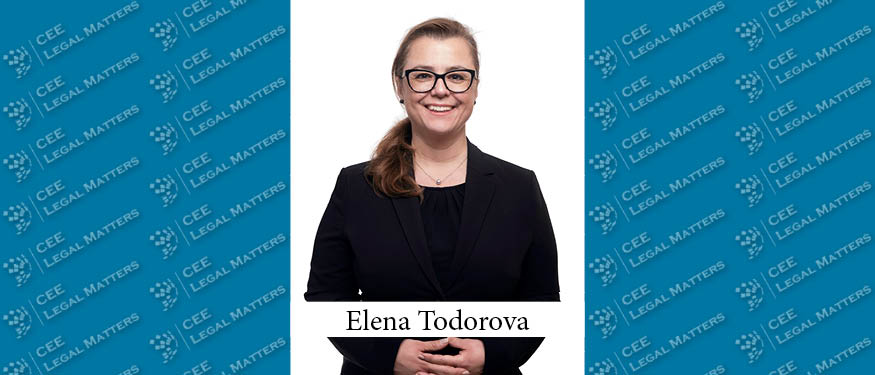In this article, we will review some long-awaited changes in Bulgarian legislation, as well as one particularly interesting precedent from the Supreme Court of Cassation case law. These were the highlights of autumn 2022 and we expect them to influence the development of national legislation in the field of healthcare/life sciences and consumer protection.
Recent Amendments to Ordinance No. 2
The summer of 2022 was marked by turbulence, including budget shortfalls in the National Health Insurance Fund (NHIF) related to the approval, use, and reimbursement of off-label medicinal products in Bulgaria.
At the beginning of August, after a landslide vote in Parliament, an amendment to the Medicinal Products in Human Medicine Act (Act) was promulgated in the State Gazette, allowing an exception to the legal ban imposed two years ago on using public funds to pay for medicinal products that are applied outside the conditions of their authorization for use (i.e., off-label prescription medicinal products).
This allowance guarantees that off-label medicinal products for the treatment of persons up to the age of 18 (predominantly drugs for treating childhood cancers or rare diseases) or medicinal products that cannot be provided in the country, for which no other financing mechanisms are foreseen, will be covered by funds from the state budget, municipal budgets, and the budget of the NHIF.
Due to the amendment to the Act, the long-awaited amendment to Ordinance No. 2 of 2019 on medical and other services and the terms and conditions for their approval, use, and payment (Ordinance) was also promulgated in the State Gazette on October 25, 2022. Among other things, it regulates access to medicinal products and services for which no financing mechanisms are provided.
According to the latest amendments to the Ordinance, persons up to the age of 18 have the right to medical support outside compulsory health insurance, which includes payments from public funds not only for the medicinal products discussed above, but also for medical devices, highly-specialized apparatus/devices for individual use, dietary foods for special medical purposes (including for enteral nutrition), and medicinal products that are not included in the Bulgarian Positive Drug List. Treatments for oncological and onco-hematological diseases which have started before patients have reached the age of 18 will continue to be paid from public budgets until the treatment is completed.
Finally, the updated Ordinance establishes that upon submission of the application for payment of medicinal products, an informed consent, a commission protocol for prescribing a certain medicinal product, a written opinion from a master pharmacist, etc., also have to be submitted to the NHIF.
Decision No. 46
A noteworthy recent case law development is a cassation appeal that was allowed regarding the Supreme Court case law on the conduct of a person and the factual causality with the damages caused.
In the practice of the Supreme Court of Justice, it is accepted that there is a causal relationship in the case of unlawful damage when the act is a necessary condition for the occurrence of the damage, where without the act, but with a typical and lawful development of the causal process, the damage would objectively not have occurred. Where the act is not the only cause of the delict, tort liability is not excluded and only its dimensions must be determined.
With its Decision No. 46 of September 16, 2022, the Supreme Court of Justice confirmed the existing case law but accepted that, for injury compensation claims, the behavior of the injured person (plaintiff), even if causally connected with the illegal result, is not a reason for excluding the defendant’s liability, unless it is established that the illegal result would still have occurred even if the defendant’s action or inaction indicated in the process were completely excluded.
The decision was made in a dispute over compensation for non-pecuniary damages caused by unfulfilled obligations under a contract on testing for a chromosomal abnormality by means of Chorionic villus sampling and consequent genetic analyses. In our view, the decision will also be applicable to consumer claims, especially in light of the draft Consumer Class Action Directive.
By Elena Todorova, Head of Healthcare and Life Sciences, Schoenherr
This article was originally published in Issue 9.11 of the CEE Legal Matters Magazine. If you would like to receive a hard copy of the magazine, you can subscribe here.






















